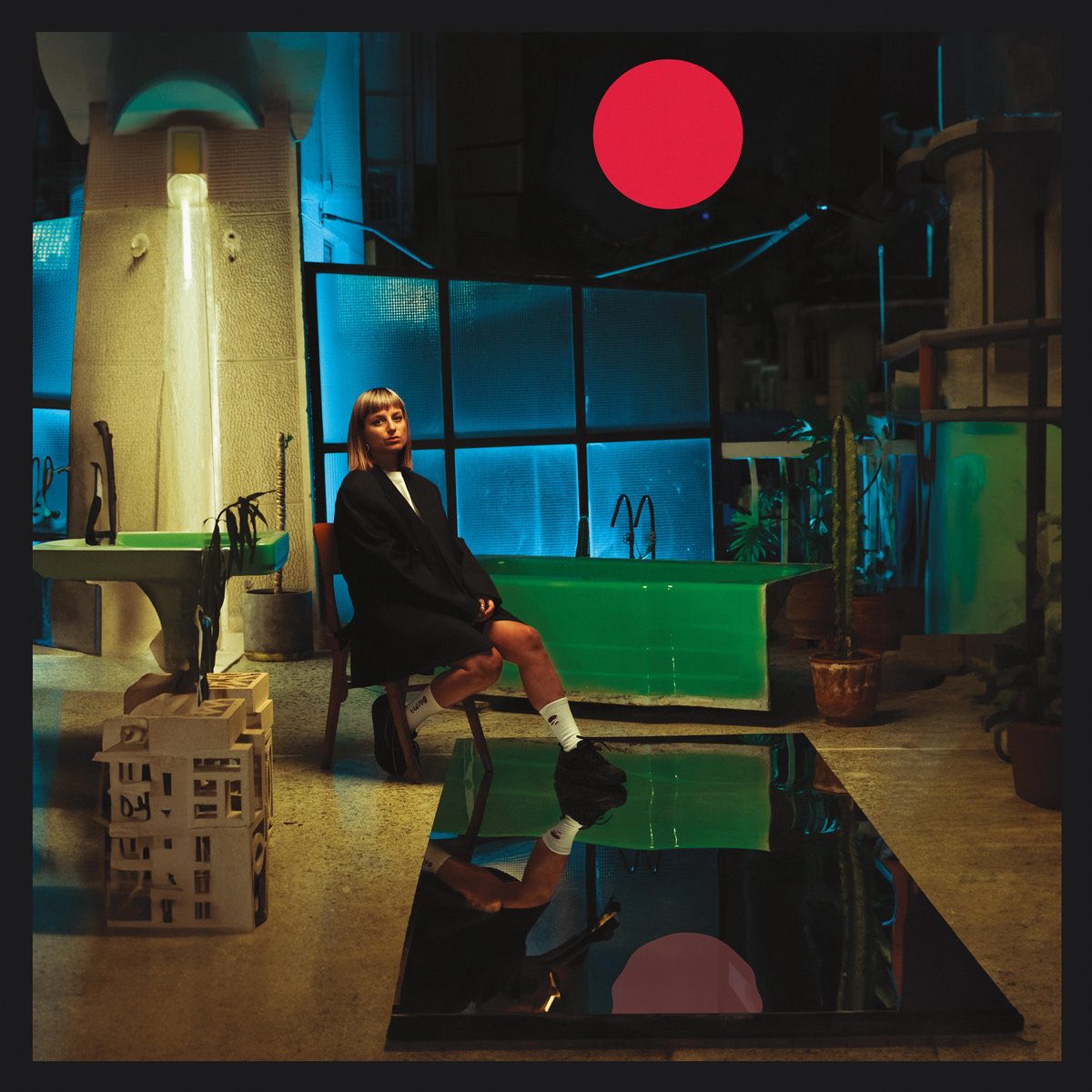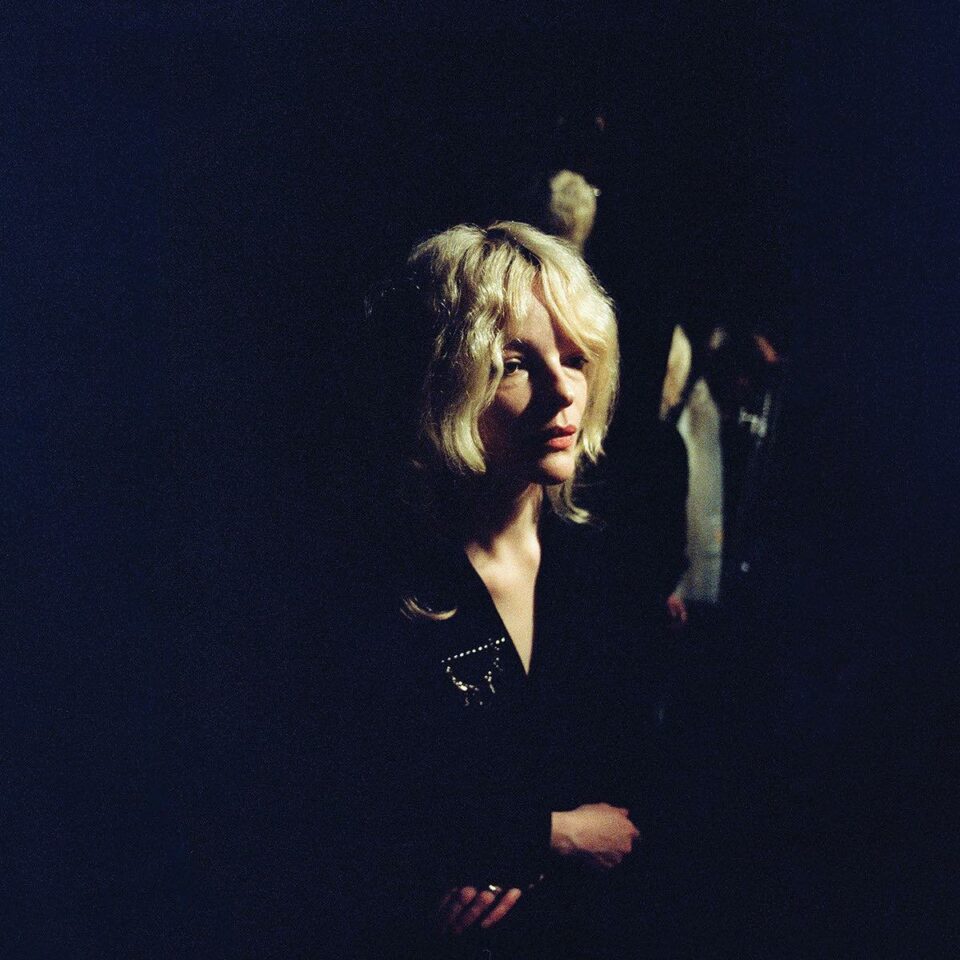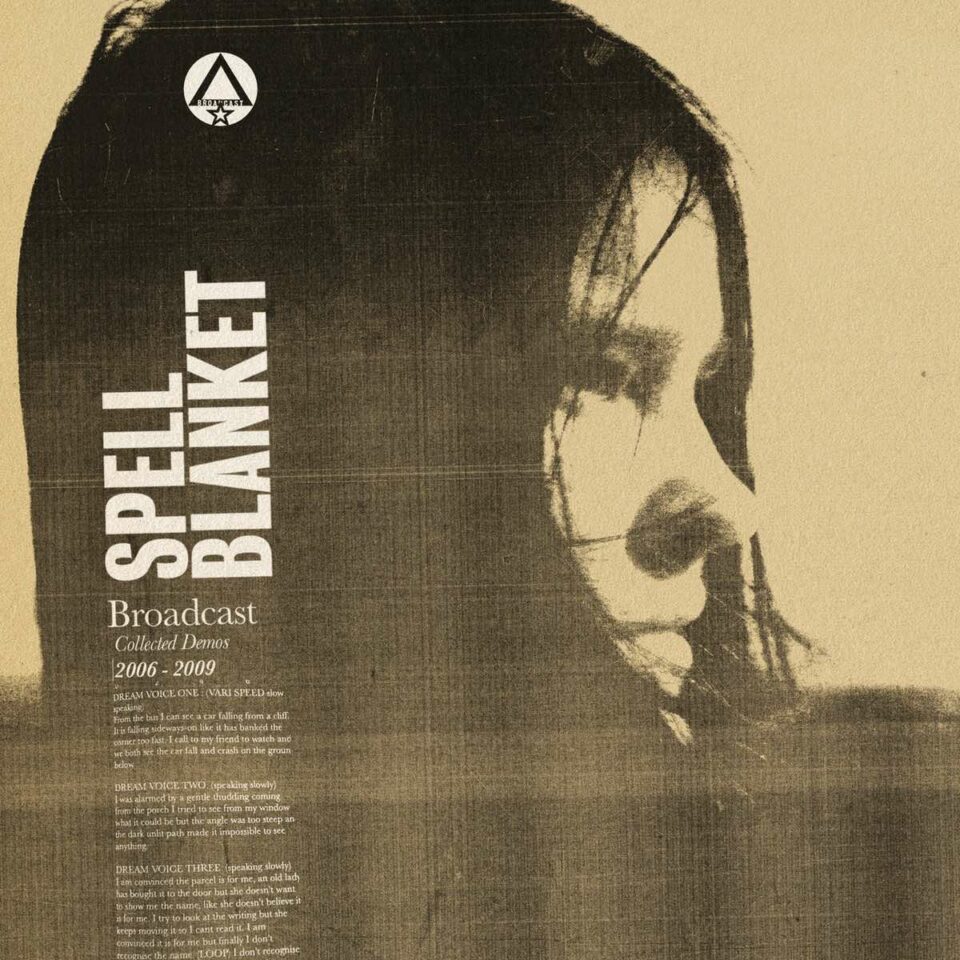Maria Chiara Argirò
Closer
INNOVATIVE LEISURE
Born in Italy and based in London, Maria Chiara Argirò juxtaposes nu-jazz and classical sounds to create bouncy yet mellow electronic music invoking a surreal atmosphere of low-end, textural vibrations. On her previous release, 2022’s Forest City, she created a jazzy electronic world that felt raw, hazy, and subterranean. On her new album Closer, however, Argirò moves away from the jazz-centric approach and into more polished electronic club music territory, creating a captivating 10-track LP dripping with synth and electronic beats reminiscent of Sylvan Esso, Four Tet, Thom Yorke, or Bowery Electric.
Closer invites the listener into a complex journey wherein Argirò’s emotions are interwoven with opaque symbolism, thrilling and atmospheric electronic melodies, and heady syncopations. The result is a phantasmagoric world where her unconscious and conscious thoughts play out in sound. Her songs are both full of meaning and impossible to fully decipher, yet it’s clear that Argirò wrestles with a sense of connection on Closer. The impression of yearning and trepidation can be found throughout the project like easter eggs or the abstract splotches on a Kupka canvas. Whether it be imagery of boats isolated by the surrounding water on the title track and “Floating,” or the exploration of space on “Light,” the idea of connection remains omnipresent.
Although far from straightforward, the emotional landscape her songs occupy is muted, sometimes danceable, and almost always subtly melancholy. Openers “Light” and “Closer,” the airiest tracks on the release, ease you into Argirò’s world—but once you hit the instrumental “Grow,” the arrangements become heavier and more rhythmically driven. “Time” is the most compelling track here, deceptively saying more than it lets on as it reverberates at a slow tempo while Argirò softly sings the title word over sparse beats. But as the song develops, you discover that the emptiness between her lyric and the beat isn’t actually all that empty. A new driving backbeat emerges from the void, transforming the song and our expectations. She’s playing with time itself—fittingly on a song titled “Time”—taking us from the third dimension to the fourth by introducing a hidden rhythm, much like Radiohead did on “Videotape.”
Thrilling, introspective, and dreamy, Closer is a mellifluous project that fully engrosses the listener in its fuzzy, electronic world. It’s another great addition to Argirò’s oeuvre.









